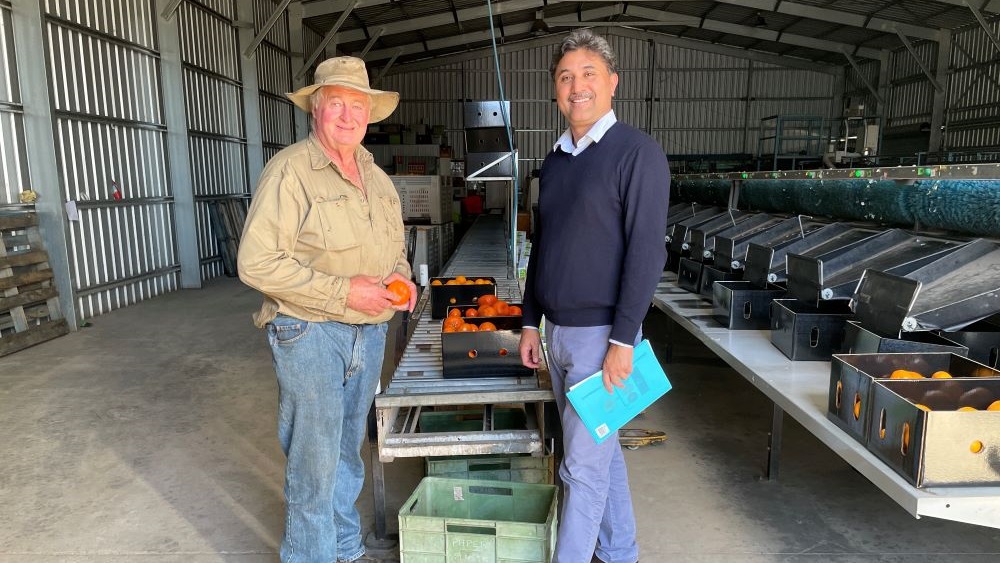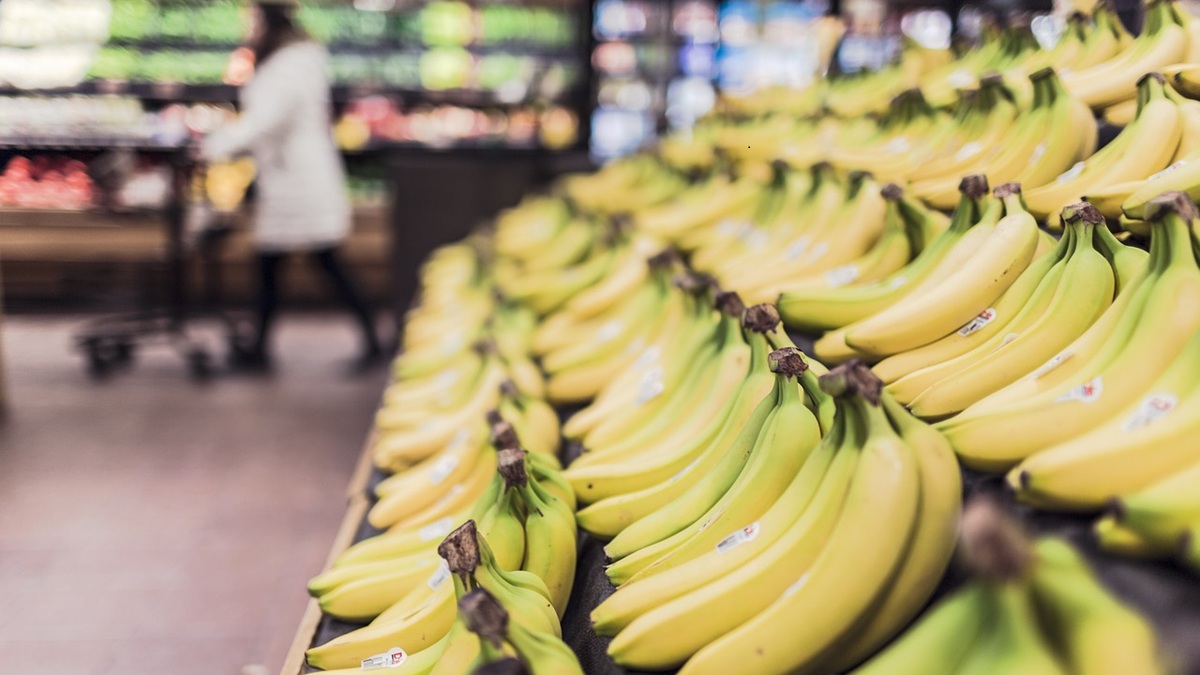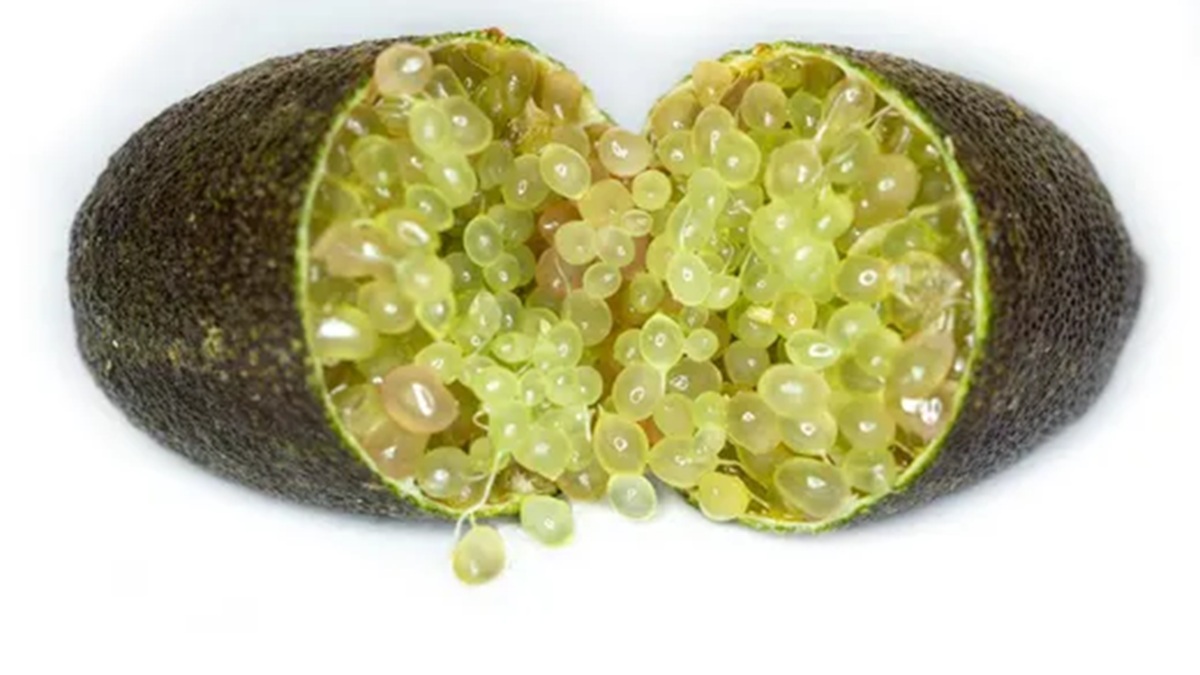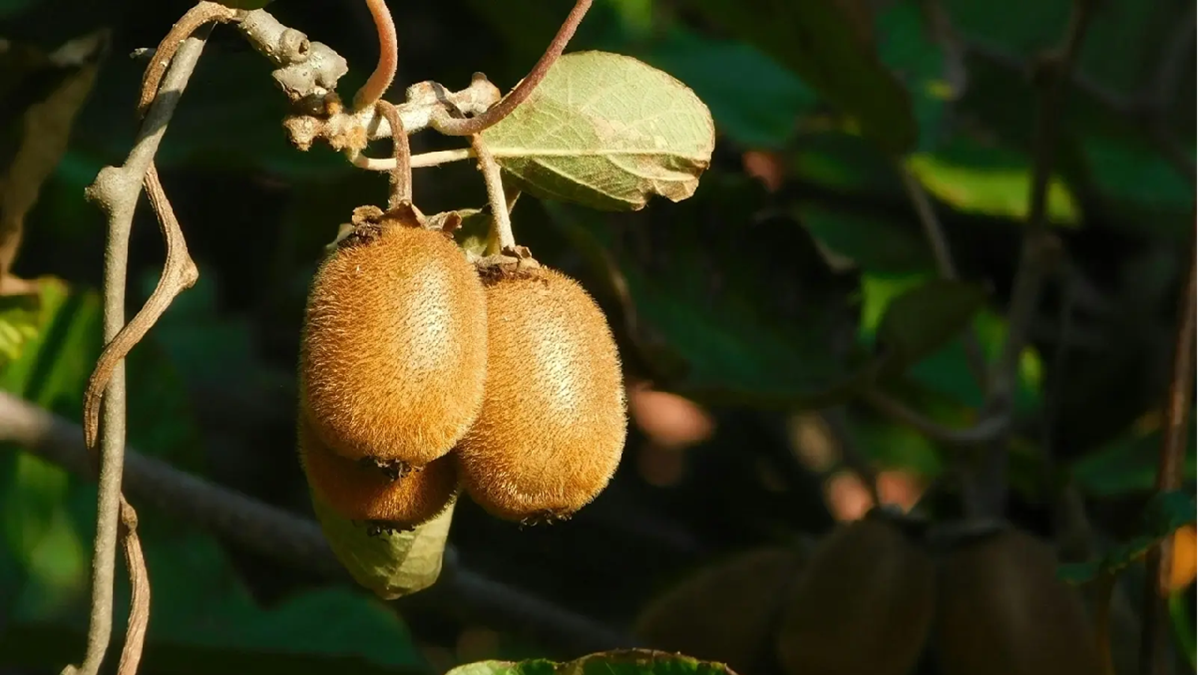News
Best practice for citrus microbial food safety
NSW DPI launched a guide for citrus microbial food safety, crucial for maintaining Australia's $910M citrus industry by ensuring safe, quality fruit

The NSW Department of Primary Industries (NSW DPI) has launched the first edition of the Citrus microbial food safety best practice guide.
NSW DPI’s Dr Sukhvinder Pal (SP) Singh, Senior Research Scientist in Food Safety and Traceability, said that the guide provides a targeted, practical resource for citrus growers, packers and other supply chain participants to assess and manage microbial risks effectively.
Dr Singh said:
“In 2021–2022, the Australian citrus industry produced 760,000 tonnes of fruit valued at $910 million. The success of citrus export is built on the free trade agreements with importing countries and a clean, green, and safe reputation. To remain competitive and retain market share in our key export markets, the Australian citrus industry must consistently supply safe fruit, and aim for zero product recalls.”
Dr Singh said due to the inedible peel, citrus fruit poses a relatively low microbial food safety risk to consumers.
Dr Singh added:
“However, if pathogens are detected on the citrus fruit surface by regulatory authorities, this could lead to produce recalls, reputational losses and be a serious trade risk for export markets. The industry needs to be proactive in maintaining the confidence of consumers, regulators and trading partners in the quality and safety of fruit to ensure market access is retained and new markets are created. This guide provides advice on best practice management and proactive measures for fruit production, harvest practices and postharvest so we can continue to minimise the risk of microbial pathogens and maintain our food safety and hygiene standards, and our reputation for safe and healthy food.”
Hort Innovation’s general manager for production and sustainability, Dr Anthony Kachenko, said the release of this guide will provide valuable information to everyone involved in the industry.
Dr Kachenko said:
“This new guide provides practical, best practice management and we encourage all within the industry to engage with the guide and integrate the best practice measures. Protecting the citrus industry is a priority and this is an easy win for safeguarding our quality fruit and safe reputation.”
Vito Mancini, a citrus grower and industry leader from the Riverina region, said he is pleased to have this resource available for all growers that is founded on the latest science, data and industry practice. Mr Mancini said:
“The guide is very thorough, and all Australian citrus growers and packers should read and gain food safety risk mitigation knowledge".
The guide is available on the DPI website at www.dpi.nsw.gov.au
This project has been funded by Hort Innovation, using the citrus research and development levy and contributions from the Australian Government. Hort Innovation is the grower-owned, not-for-profit research and development corporation for Australian horticulture.












